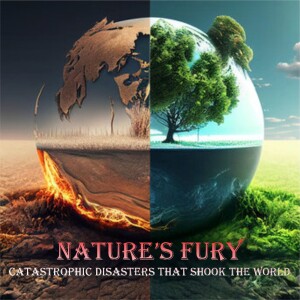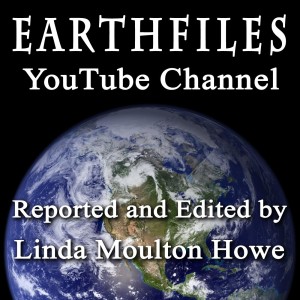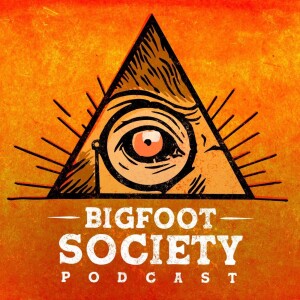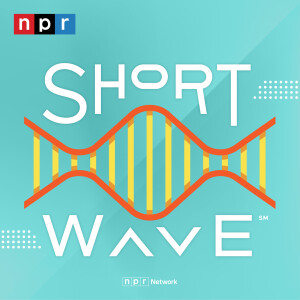

Technically Speaking | a science and engineering discussion
Should cows produce less methane?
2025-04-10
Methane is a potent greenhouse gas which contributes to the climate emergency. Intensive farming can lead to cows contributing significantly to levels of this gas in the atmosphere. Antonia, Ellie and Jasmin discuss the latest research to reduce the amount of methane cows produce through burps and flatulence. They look at additives to cow feed, using seaweed as an alternative feed, and selectively breeding the cows. They consider whether people should eat less meat and look at cultural and geographical challenges to doing...
Methane is a potent greenhouse gas which contributes to the climate emergency. Intensive farming can lead to cows contributing significantly to levels of this gas in the atmosphere. Antonia, Ellie and Jasmin discuss the latest research to reduce the amount of methane cows produce through burps and flatulence. They look at additives to cow feed, using seaweed as an alternative feed, and selectively breeding the cows. They consider whether people should eat less meat and look at cultural and geographical challenges to doing so.
Fact check:
- Estimates of greenhouse gas emissions from livestock vary
- The Intergovernmental Panel on Climate Change shows that methane has 81 times the global warming potential of carbon dioxide
- Here’s how cows produce methane as part of their digestion
- News about the Bovaera additive produced by Arla
- News about Hilda the cow, selectively bred over 16 generations to produce less methane
- Denmark’s plan to introduce a tax for cows
- The article Ellie mentions in The Conversation
Comments (3)
More Episodes
All Episodes>>Create Your Podcast In Minutes
- Full-featured podcast site
- Unlimited storage and bandwidth
- Comprehensive podcast stats
- Distribute to Apple Podcasts, Spotify, and more
- Make money with your podcast
It is Free












